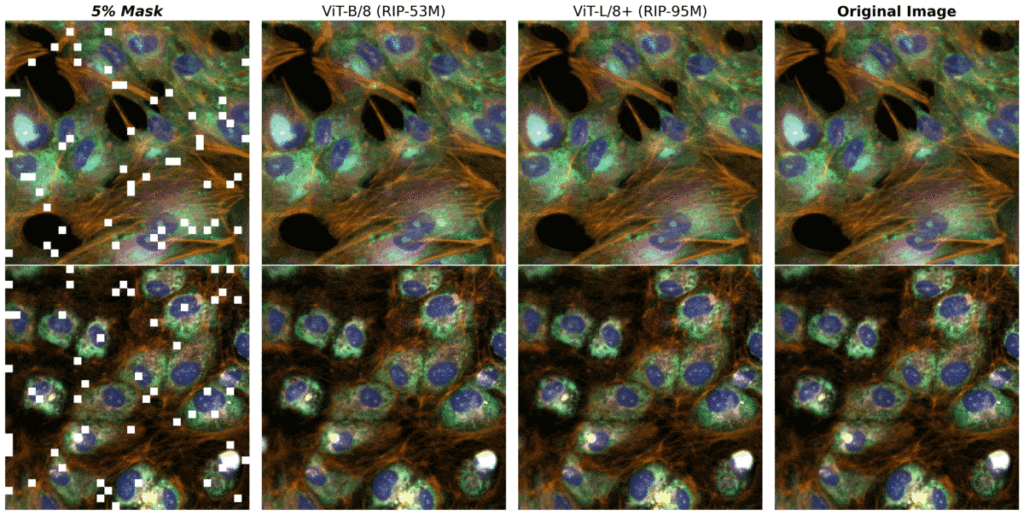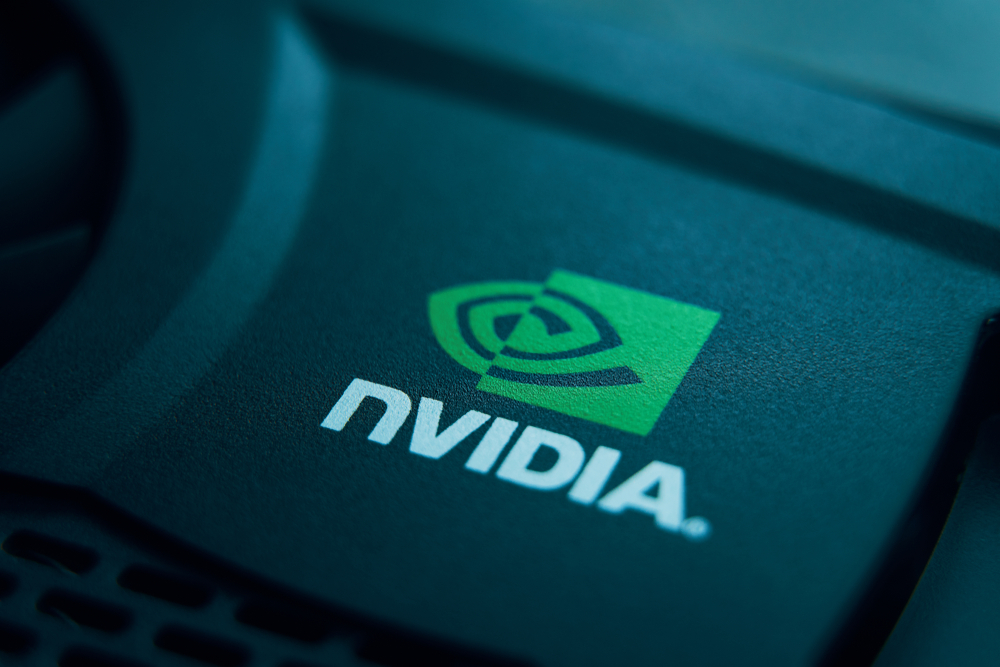NVIDIA added new generative AI models to BioNeMo, a cloud service for creating and deploying AI models for drug discovery.
BioNeMo is a generative AI platform designed to support the process of drug discovery, to which AI displayed tremendous aptitude in 2023. It hosts an array of AI models and cloud services specifically tailored to drug development.
By using AI to model molecular components, BioNeMo allows researchers to generate new molecular structures that could lead to effective drugs, reducing the need for costly, time-consuming physical experiments.
Of course, all of these models and services are backed by NVIDIA’s class-leading AI hardware infrastructure.
BioNeMo comes in addition to the broader NVIDIA Clara platform. NVIDIA Clara is a healthcare-specific computing platform designed to harness the power of AI and advanced computing to address challenges in the healthcare industry.
The Clara platform is pivotal to the company’s generative AI healthcare strategy – which NVIDIA says is more than a decade in the making – offering tools and frameworks specifically optimized for applications in medical imaging, genomic analysis, drug discovery, and other health-related areas.
Kimberly Powell, NVIDIA’s VP of healthcare, explained of BioNeMo, “Healthcare is inherently complicated. We aim to make it easier for researchers who can fine-tune these models on proprietary data, run AI model inference through web browsers or cloud APIs, and access pre-trained models for drug development.”
A selection of biotech and healthcare models
The suite of tools within BioNeMo is impressive, from NVIDIA’s MolMIM model, adept at generating small molecules, to Recursion’s Phenom-Beta, a leading model for embedding cellular microscopy images.
Recursion is the first to offer an AI model through NVIDIA’s BioNeMo cloud APIs. Phenom-Beta extracts features from cellular microscopy images, providing deeper insights into cellular functions and how cells react to drugs or genetic modifications.

According to NVIDIA, Recursion is upgrading its supercomputing resources by adding over 500 NVIDIA H100 GPUs to its system, quadrupling their computational power. It will be one of the most powerful supercomputers in the biopharmaceutical sector.
Drug discovery has emerged as one of generative AI’s chief strengths in the scientific sector, with models helping discover new classes of antibiotics, identifying compounds capable of slowing aging, and developing anti-cancer drugs.
With its ability to process vast quantities of data and drive new insights from that data, generative AI is fulfilling its namesake promise of generating new avenues for medical and biotech research.
This comes as NVIDIA announces new GPUs and hardware for local, on-device AI processing.





